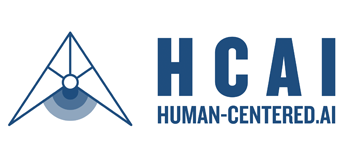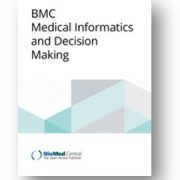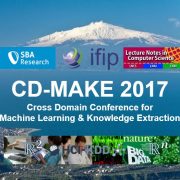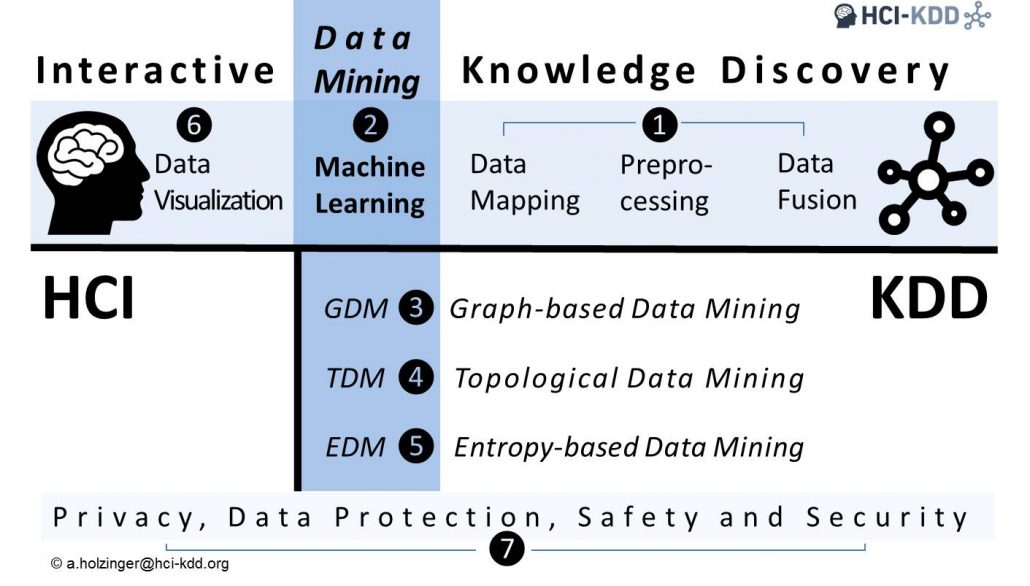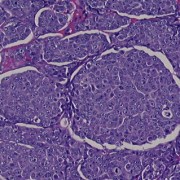The 2015 International Conference on Brain Informatics and Health (BIH’15)
Informatics for Brain Science, Human Behavior and Brain Health
August 30 – September 2, 2015, London, UK
CALL FOR PAPERS
Homepage:
(FULL PAPER SUBMISSION DEADLINE: April 5, 2015)
*** KEYNOTE SPEAKERS (Confirmed) ***
Allan Jones (Allen Institute for Brain Science, USA)
Henry Markram (EPFL, Switzerland)
David Van Essen (Washington University School of Medicine, USA)
*****************
Brain research is rapidly advancing with the application of big data technology to neuroscience as can be seen in major international initiatives in the US, Europe and Asia. BIH’15 reflects that brain informatics has emerged as a distinct field and crosses the disciplines of neuroscience, cognitive science, computer science, signal processing, and neuroimaging technologies as well as data science. Following the success of past conferences in this series, BIH’15 will take place at Imperial College London, in UK, gathers the researchers from major international brain research projects, and plans an industrial exhibition.
BIH’15 draws special attention to informatics for brain science, human behavior and brain health. BIH’15 will address big data approaches to both the brain and behaviour, with a strong emphasis on emerging trends of big data analysis and management technology for BI, active media technology in behavior learning, and real-world applications for brain and mental health.
BIH’15 welcomes paper submissions (full paper and abstract submissions). Both research and application papers are solicited. All submitted papers will be reviewed on the basis of technical quality, relevance, significance and clarity. Accepted full papers will be included in the proceedings by Springer LNCS/LNAI.
Tutorial, Satellite symposium and Special-Session proposals and Industry/Demo-Track papers are also welcome.
IMPORTANT DATES:
================
Satellite symposium proposal submission: March 10, 2015
Notification of satellite symposium acceptance: March 30, 2015
Submission of full papers: April 5, 2015
Submission of abstracts: May 20, 2015
Submission of satellite symposium papers: May 20, 2015
Notification of full paper acceptance: May 25, 2015
Notification of abstract acceptance: June 10, 2015
Notification of satellite symposium paper acceptance: June 10, 2015
Tutorial proposal submission: May 15, 2015
Satellite symposiums: August 30, 2015
Main conference: August 31-September 2, 2015
PAPER SUBMISSIONS & PUBLICATIONS:
=================================
TYPE-I (Full Paper Submissions; Submission Deadline: April 5, 2015):
Papers need to have up to 10 pages in LNCS format:
https://www.springer.com/computer/lncs?SGWID=0-164-6-793341-0.
All full length papers accepted (and all special sessions’ full
length papers) will be published by Springer as a volume of
the series of LNCS/LNAI.
TYPE-II (Abstract Submissions; Submission Deadline: May 20, 2015):
Abstracts have a word limit of 500 words. Experimental research is
particularly welcome. Accepted abstract submissions will be included
in the conference program, and will be published as a single,
collective proceedings volume.
Title: Include in the title of the abstract all words critical for a
subject index. Write your title in sentence case (first letter is
capitalized; remaining letters are lower case). Do not bold or
italicize your full title.
Author: List all authors who contributed to the work discussed in the
abstract. The presenting author must be listed in the first author
slot of the list. Be prepared to submit contact information as well as
conflict of interest information for each author listed.
Abstract: Enter the body of the abstract and attach any applicable
graphic files or tables here. Do not re-enter the title, author,
support, or other information that is collected in other steps of the
submission form.
Presentation Preference: Authors may select from three presentation
formats when submitting an abstract: “poster only,”, “talk
preferred” or “no preference.” The “talk preferred” selection
indicates that you would like to give a talk, but will accept a poster
format if necessary. Marking “poster only” indicates that you would
not like to be considered for an oral-presentation session. Selecting
“no preference” indicates the author’s willingness to be placed in the
best format for the program.
Each paper or abstract requires one sponsoring attendee (i.e. someone
who registered and is attending the conference). A single attendee can
not sponsor more than two abstracts or papers.
Oral presentations will be selected from both full length papers and
abstracts.
*** Post-Conference Journal Publication ***
The BIH conferences have the formal ties with Brain Informatics
journal (Springer,https://www.springer.com/40708). Accepted papers
from the conference, including their Best Paper Award papers, will be
expended and revised for possible inclusion in the Brain Informatics
journal each year. It is fully sponsored and no any
article-processing fee charged for BIH authors.
Selected submissions will be considered for publication in special
issues of international journals after their papers are extended to a
full-length paper and pass a review process. More information can be
found athttps://www.bih-amt.com/publications/
*** Topics and Areas ***
Please find the topics and areas of interest of the 2015 International
Conference on Brain Informatics and Health (BIH’15)
athttps://www.bih-amt.com/call-for-papers/topics/
*** AMT’15 Session ***
The advance of wearable sensor technology makes the monitoring of
human behavior and life style becomes feasible. This development gives
the active media technology a new dimension which is more closely
related to the healthcare and cognitive studies. Following the success
of past conferences in this series, AMT’15 will be jointly held with
BIH’15 as a special session.
ORGANIZERS
==========
General Chairs:
Karl Friston, University College London, UK
Yike Guo, Imperial College London, UK
Program Chairs:
Aldo Faisal, Imperial College London, UK
Sean Hill, EPFL, Switzerland
Hanchuan Peng, Allen Institute for Brain Science, US
Workshop/Special-Session Chairs:
Andreas Holzinger, Medical University Graz, Austria
Zhisheng Huang, Vrije University of Amsterdam, Netherlands
David Powers, Flinders University of South Australia, Australia
Publicity Chairs:
Jessica Turner, Georgia State University, US
Juan D. Velasquez, University of Chile, Chile
Yi Zeng, Institute of Automation, CAS, China
Local Organizing Chairs:
Thomas Henis, Imperial College London, UK
Kai Sun, Imperial College London, UK
Chao Wu, Imperial College London, UK
Exhibition/Sponsorship Chair:
Caroline Li, University Kent, UK
Steering Committee Co-Chairs:
Ning Zhong, Maebashi Institute of Technology, Japan
Jiming Liu, Hong Kong Baptist University, Hong Kong
*** Contact Information ***
Chao Wu, Imperial College London, UK
<c.wu09@imperial.ac.uk>
Aldo Faisal, Imperial College London, UK
<a.faisal@imperial.ac.uk>

